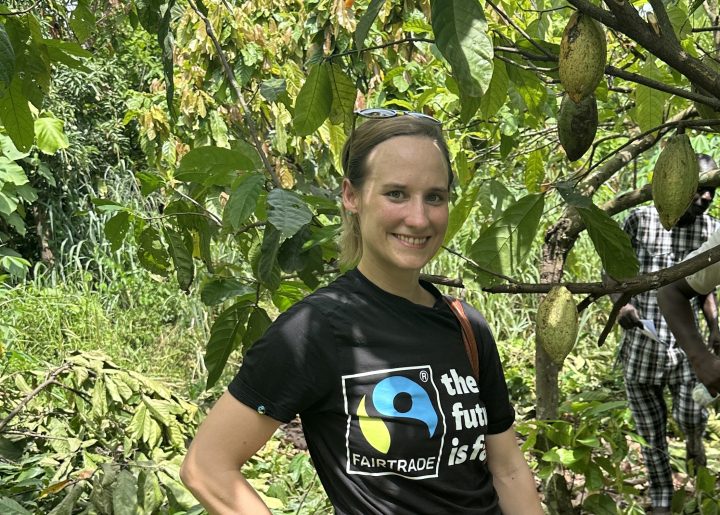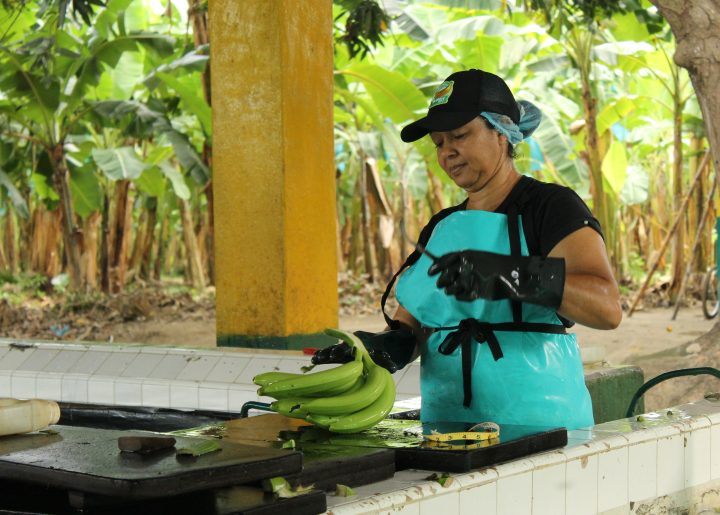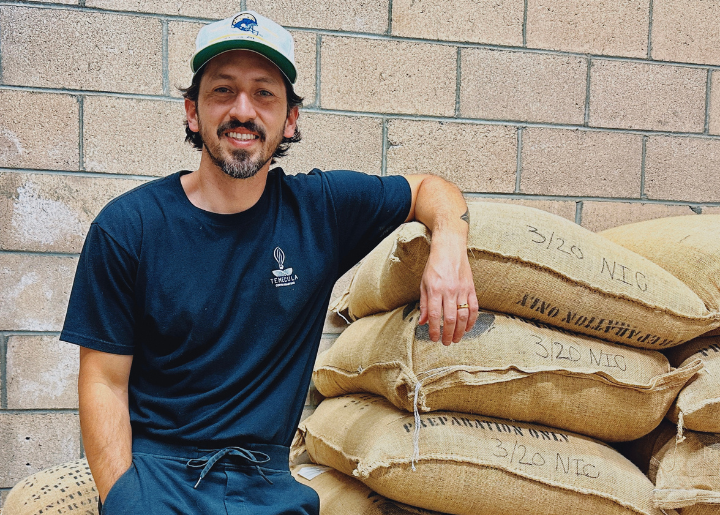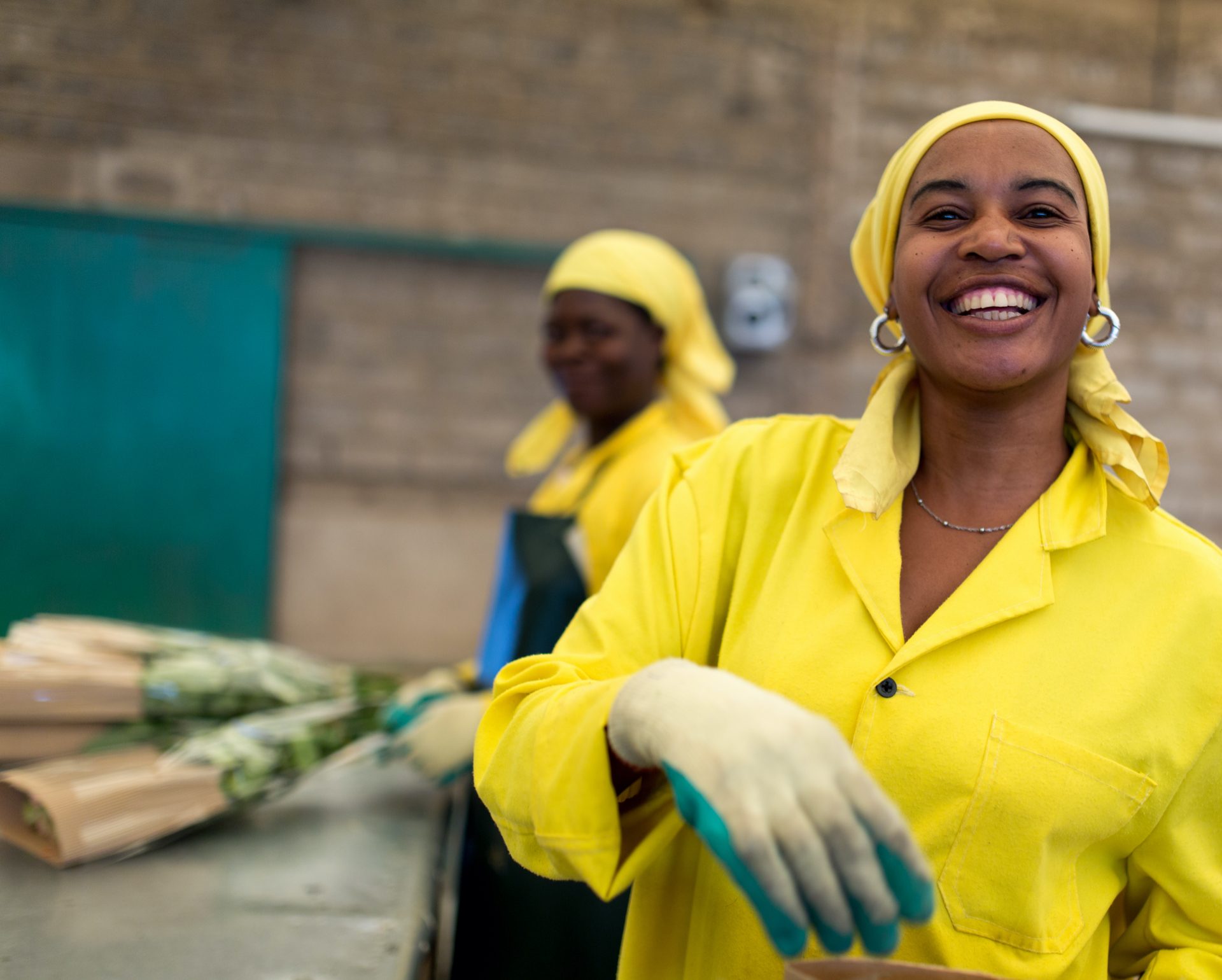“Free” Can Be Good, But Fair Is Better
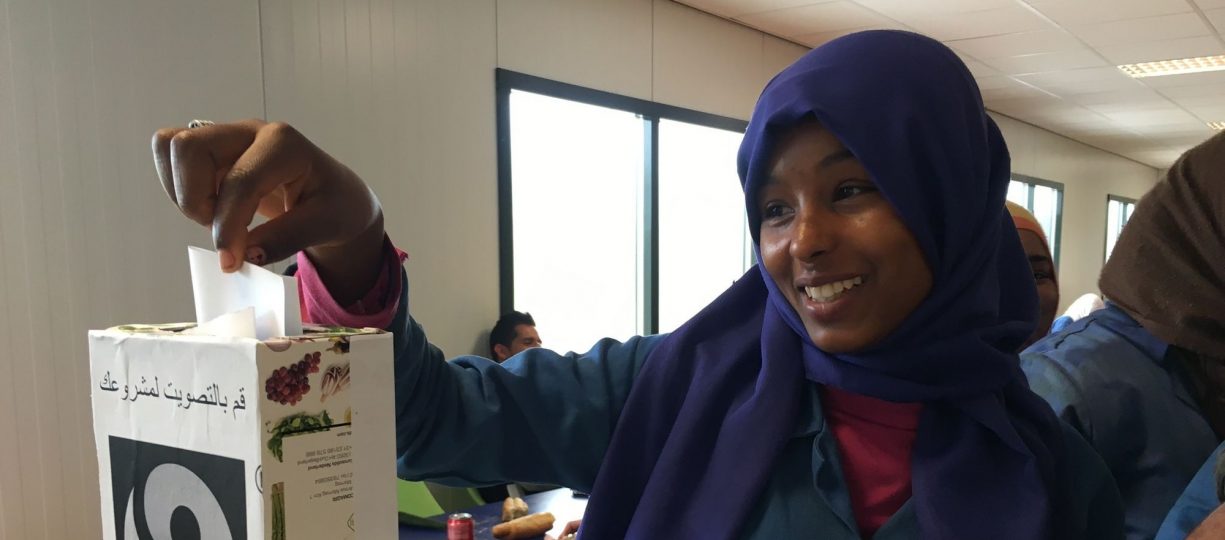
The Trans-Pacific Partnership is a multilateral free trade treaty that promises to change the way that trade is done for the 12 countries involved. But its impacts will extend much further affecting people in developing countries who had no involvement in its development.
In early November, the final text of the Trans Pacific Partnership (TPP) was finally rolled out. This massive trade deal, which will affect the entire world, not just the 12 countries involved, has been negotiated in secret for the past six years.
Trade deals like the TPP are a mixed bag – and while often touted as a tide that will raise all boats – they often help to concentrate wealth among the few, lower standards, and exploit developing economies for the benefit of already rich nations.
The potential impacts of this trade deal have been outlined and dissected by many think tanks, including the Institute for Agriculture and Trade Policy, the Center for Global Development and Food Tank (or visit Citizens Trade Campaign for a great rundown of reactions to the TPP).
Though free traders and fair traders are both trying to change how international trade is conducted, the approaches could not be more different. For Fairtrade America, there are numerous points of contention contained in the 30 chapters, annexes and side letters of the TPP, but we focus on two.
Theoretical people vs. real people
Free trade proponents believe fewer rules will lead to more trade, more economic specialization, and greater market efficiencies that ultimately lead to greater societal welfare, even if there are some who will be worse off than before – even left destitute and displaced. This approach relies heavily on abstractions of benefits that should appear down the line. It intentionally leaves actual, specific people and communities out of the calculus.
In contrast Fairtrade puts actual people – millions of farmers, farm workers, business people, shoppers and activists – in the middle of the picture. We believe that the means and the ends matter.
In spite of some of the well-documented negative results of deals like NAFTA and CAFTA for developing countries – see this article from “Foreign Policy in Focus” – trade deals continue to be forged in the same way, excluding input from civil society, and the small- to medium-businesses most affected.
Even elected representatives are left on the sidelines and in the dark. Among the most disturbing clauses in the TPP are investor protection policies that can undermine the democratic rights of local governments and people to protect their needs and resources
A seat at the table
Fairtrade has been taking another path, attempting to knit together a global network characterized by transparency, democracy and participation. In 2013, farmers and workers gained 50 percent of the vote in the Fairtrade General Assembly. Also, four of the nine seats on the Fairtrade International board are occupied by Fairtrade producer representatives.
The point is that, unlike the TPP process, Fairtrade producers are literally at the table alongside businesses, NGOs and other experts, helping to shape the rules that affect them. Fairtrade promotes more openness in rule-making and in the daily commerce that is the hallmark of Fairtrade, with an emphasis on more transparent contracts between producers, exporters and importers. And rather than hoping that trade will have long-term desirable consequences, Fairtrade actively encourages and requires business relationships that will have positive impacts on the environment and communities.
Participation is key in Fairtrade. In the free trade model the new, less regulated market is an all-enveloping force that acts upon you – for good or ill. In Fairtrade you, and others, voluntarily choose to participate, whether as a farmer, coffee importer, chocolate company, store keeper, shopper, or advocate. It is only through your participation that Fairtrade works and grows.
A common ground
Lastly, like many free traders, we in the Fairtrade community believe that business – at its best – can be a series of mutually-beneficial relationships. But we don’t want to leave this up to abstractions or secret negotiations. So we’ll keep doing our work to connect millions of real people around the world so they can engage in an exchange of goods and services conducted on more even terms.
PS Also, just as serious as the TPP is the Transatlantic Trade and Investment Partnership (TTIP), another trade deal being conducted in secret that will link the US to the EU. Civil society involvement in the EU has helped to slow down work on this treaty. Like the TPP, it will create binding commitments on issues including competition, public procurement, labor and the environment, which could negatively affect developing countries. Learn more here.
We’re in this together
Fairtrade America partners with brands on the journey to certification and beyond. We can help with everything from finding a certified supply chain to marketing your newly certified product.
Get in Touch
